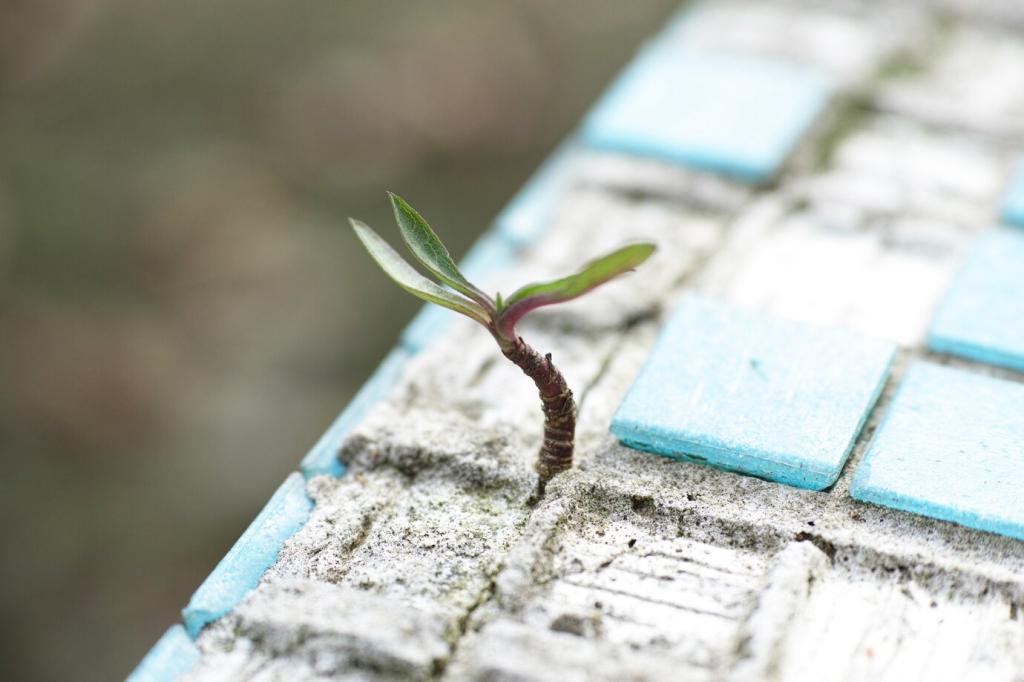
Natural Alternatives for Furniture Maintenance
Maintaining furniture with natural alternatives is an eco-friendly approach that not only preserves the beauty and integrity of your pieces but also ensures you avoid the use of harsh chemicals and synthetic products. Embracing nature-inspired solutions can help extend the lifespan of wood, upholstery, metal, and other materials while creating a healthier indoor environment for you and your family. This guide explores a variety of tried-and-true methods for keeping your furniture clean, polished, and protected using ingredients you may already have at home, allowing for responsible and sustainable upkeep without compromising on results.
Natural Cleaning Solutions
Vinegar and Olive Oil Cleanser
A classic blend for wood furniture maintenance is a mixture of white vinegar and olive oil, which serves as both a cleaner and a polish. The acetic acid in vinegar acts as a mild disinfectant and breaks down stubborn grime, while olive oil provides moisture that restores shine and helps preserve the wood’s surface from drying out. When using this solution, a simple application with a soft cloth can lift dust and leave behind a subtle lustre. The natural fragrance dissipates quickly, ensuring no lingering chemical smell—a welcoming, non-toxic method that works well for hardwoods, especially in homes with children or pets.
Castile Soap for Upholstery
When it comes to maintaining fabric-covered furniture, castile soap—a vegetable-based soap free from synthetic additives—is an excellent choice. Dilute a small amount with water and use it to gently spot-clean upholstery, refreshing fibers without leaving residues or introducing irritants. Because castile soap is derived from plant oils, it is mild enough even for sensitive skin yet effective at breaking down organic soils. This natural cleanser rinses out easily, leaving upholstery neat and clean without synthetic fragrances or allergens, making it ideal for households prioritizing safe and environmentally conscious solutions.
Lemon Juice and Baking Soda Scrub
For tougher cleaning jobs on furniture surfaces where stubborn stains or sticky residues persist, a paste made from lemon juice and baking soda offers a vigorous but safe scrubbing solution. Lemon’s citric acid naturally breaks down built-up grime and imparts a fresh scent, while baking soda provides gentle abrasion to lift off marks without damaging surfaces. Apply the mixture carefully, using a soft cloth or sponge in circular motions, then wipe away the residue with a damp towel. This combination is especially useful on painted woods, glass, or plastic components, yielding brilliant results without harsh chemicals.
Natural Polishing and Conditioning
Beeswax Furniture Polish
Beeswax has been cherished for centuries as a wood polish thanks to its remarkable ability to seal and protect surfaces naturally. When combined with a carrier oil like coconut or olive oil, beeswax forms a conditioning balm that penetrates the wood grain, locking in moisture and forming a subtle protective barrier against moisture and spills. This gentle solution enhances the wood’s natural color and shine, providing a soft finish that is free of silicones and harsh solvents. Polishing with a beeswax-based formula not only revives dull furniture but also imparts a mild, pleasant scent to your home environment.
Coconut Oil Lubricant for Hinges
Metal and wooden hinges on furniture can often develop squeaks or stickiness over time. Instead of using petroleum-based lubricants, coconut oil serves as an effective and environmentally responsible alternative. Simply apply a small amount to the moving parts, working the oil in as you move the hinge back and forth. Coconut oil not only soothes mechanical motion but also inhibits rust formation thanks to its natural antibacterial and water-repellent properties. This kitchen staple provides a lubrication solution that benefits you and your furniture safely and simply.
Walnut Restoration for Minor Scratches
Minor scratches on wood can mar the beauty of furniture, but nature provides a unique cure: the common walnut. The natural oils and pigments in walnuts can blend seamlessly into the color of many wooden surfaces, effectively masking light scratches and restoring a uniform appearance. By rubbing the meat of a fresh walnut gently along the scratched area, you deposit these natural oils directly into the imperfection. This simple act buffs the area and allows the scratch to visually diminish, making it a quick, chemical-free fix for everyday wear and tear on beloved items.

Baking Soda as a Fabric Deodorizer
Baking soda stands out as one of the most versatile natural odor removers and is especially effective for fabric-covered items like sofas, chairs, and cushions. Sprinkling a generous layer across the surface and allowing it to sit for several hours enables the baking soda to absorb stubborn odors without damaging the fibers or altering the feel of your upholstery. Afterward, a thorough vacuuming removes the residue, leaving fabrics neutral-smelling and refreshed. Because it works by absorbing and neutralizing, not masking, baking soda ensures a true clean that is ideal for anyone avoiding synthetic fragrances.

Essential Oil Sprays for Refreshment
Harnessing the aromatic power of plant-derived essential oils offers a non-toxic way to impart a clean, subtle scent to your furniture and living areas. By diluting a few drops of lavender, lemon, or eucalyptus essential oil in distilled water and spraying lightly on or around furniture, you can quickly rejuvenate the space. This method allows for customization based on your fragrance preferences while also tapping into the antimicrobial properties that certain oils boast. Used sparingly, this freshening spray won’t stain or damage surfaces, supporting a naturally welcoming home environment.
